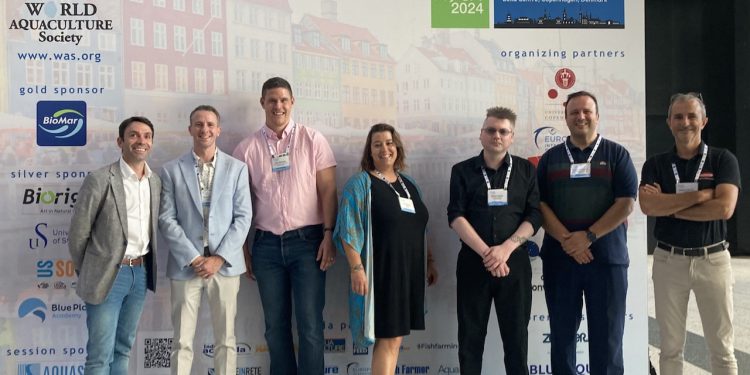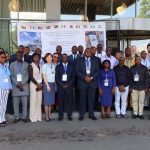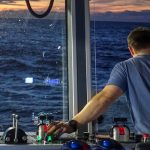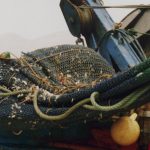Lallemand Animal Nutrition and the University of Plymouth have marked 15 years of collaboration by unveiling a major new initiative that aims to enhance fish resilience and welfare.
The partnership between the global biotechnology company and one of the world’s leading marine research organisations has already invested over €1million in sustainable aquaculture research.
The new initiative – LALProMucoBath – was announced at AQUA 2024, Europe’s largest aquaculture conference.
This will investigate the contribution of Lallemand’s microbial solutions to the health of Atlantic salmon, and whether the products can fortify and repopulate the epidermal and gill mucosal microbiomes after fish undergo ectoparasite treatments.
The potential to reduce opportunities for pathogen colonisation through reassembly of the microbiome after disruptive events such as bath treatments can improve fish robustness at a critical time where fish are most vulnerable.
The work will be led by Dr Mark Rawling and Dr Daniel Merrifield, from the University’s School of Biological and Marine Sciences.
‘Over the years, our research has demonstrated the benefits of multiple Lallemand products and their wide application throughout the industry. As a result, I am confident that the health and welfare of millions of fish each year are being greatly improved, and by extension, so is global food security. I’m really pleased that our research has played a key role in helping to achieve this,’ Dr Merrifield said.
The partners believe it could be a game-changer for fish farmers worldwide, not only improving animal welfare but also increasing global food security at a time when aquaculture is increasingly being seen as a key means of feeding the world’s growing population.
Previous research carried out through the partnership has led to innovations that have benefited major farmed species like Atlantic salmon, rainbow trout and tilapia.
Those findings have been the subject of more than 20 peer-reviewed publications, multiple book chapters, dozens of conference abstracts and presentations on fish health.
They have in turn demonstrated the efficacy of Lallemand probiotics, prebiotics, postbiotics and yeast-derived additives in enhancing fish health and welfare.
‘Our research partnership is poised for an exciting future. By continuing to innovate and develop cutting-edge solutions, we look to tackle some of the most critical challenges in sustainable aquaculture. We remain dedicated to advancing fish health science and making a significant impact on the global aquaculture industry,’ commented Eric Leclerq, R&D manager of aquaculture at Lallemand Animal Nutrition.
The partnership is also working to support the academic community and foster innovation among future generations of sustainable aquaculture professionals.
To that end, a new €1,500 Lallemand Innovation and Impact in Aquaculture and Fisheries Award will reward the most impactful and innovative dissertation on the University’s MSc Sustainable Aquaculture and Fisheries programme.









